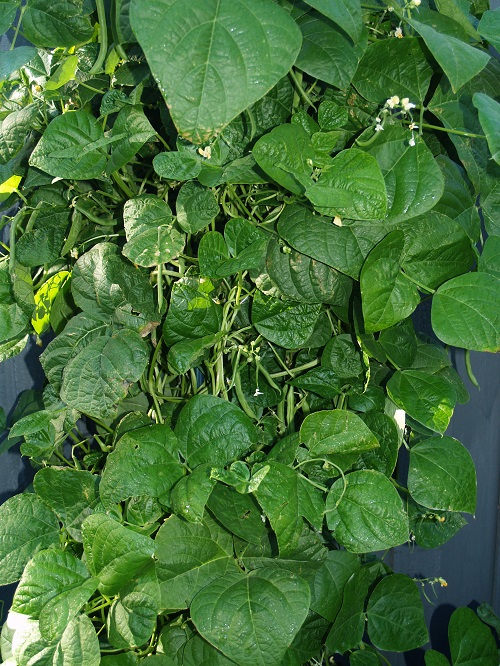Growing Beans Year Round
 For the home vegetable garden, the most widely grown beans are usually common (green) beans, runner beans, and broad beans. The common bean is known by a number of other names including green beans, French beans, haricot beans, flageolet, and string beans.
For the home vegetable garden, the most widely grown beans are usually common (green) beans, runner beans, and broad beans. The common bean is known by a number of other names including green beans, French beans, haricot beans, flageolet, and string beans.
They are all cultivars of Phaseolus vulgaris. Most green beans have a compact or bushy growth habit and are referred to as ‘bush beans’, or sometimes ‘dwarf beans’. Some cultivars have a climbing habit and are known as pole beans.
Runner beans, Phaseolus coccineus, are also climbers. They have striking red flowers which have made them popular as ornamental vines as well as vegetable crops.
Broad beans, Vicia faba, go by many other names like faba beans, fava beans, horse beans, field beans and English beans. It all depends where you live. In Australia, New Zealand and the UK, broad bean is the preferred name whereas in the United States they are called fava beans.